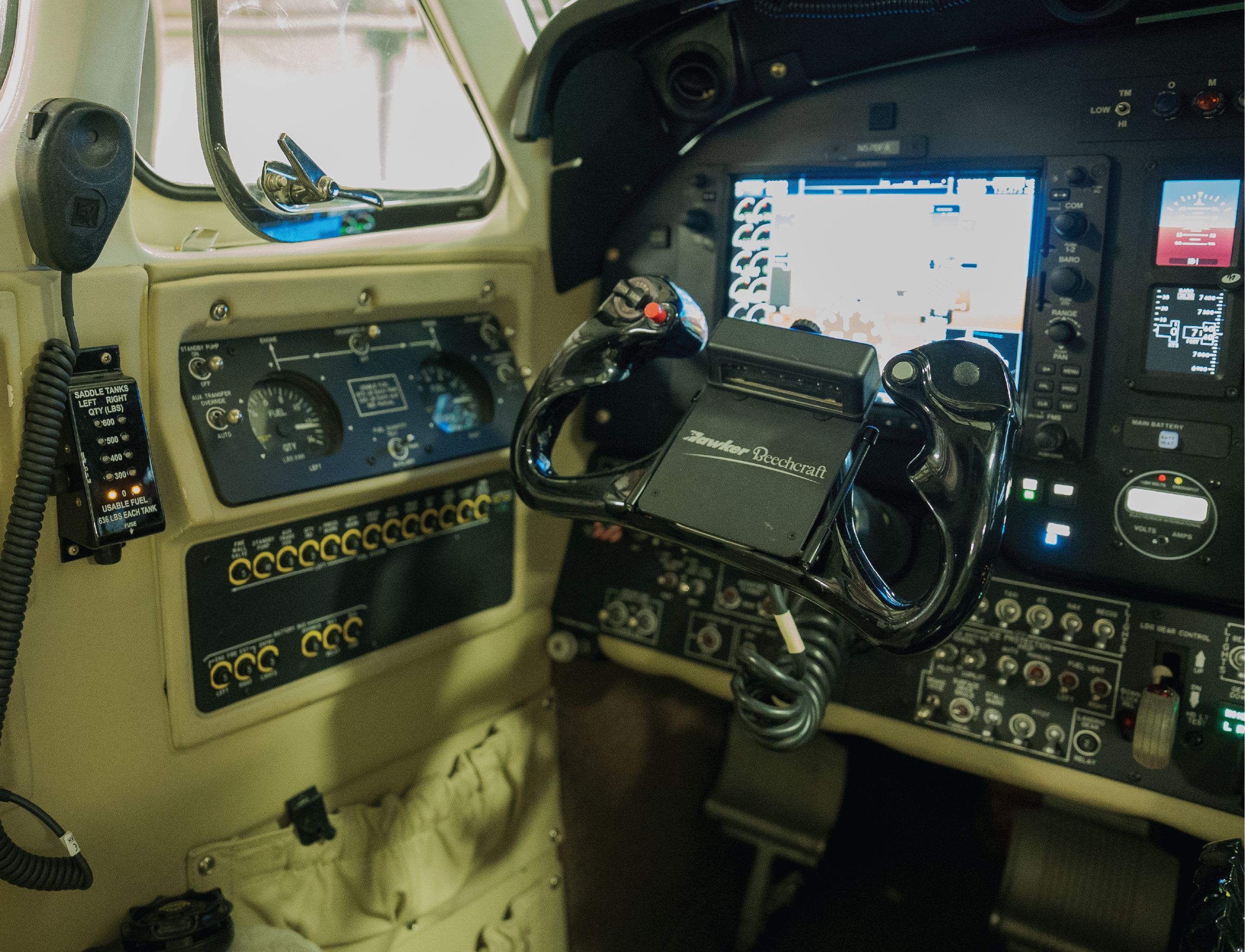Focus Areas
In-situ Measurements
From mobile, static and airborne platforms with state-of-the-art instrumentation
Analyzing Data
To modify and validate emission inventories and models to improve our understanding of complex air quality issues such as ozone formation, volatile organic compound behavior, and methane emissions.
Collaborating with Industry
Collaborating with federal and state agencies, national laboratories, research universities, and non-profits.
CAQ Resources
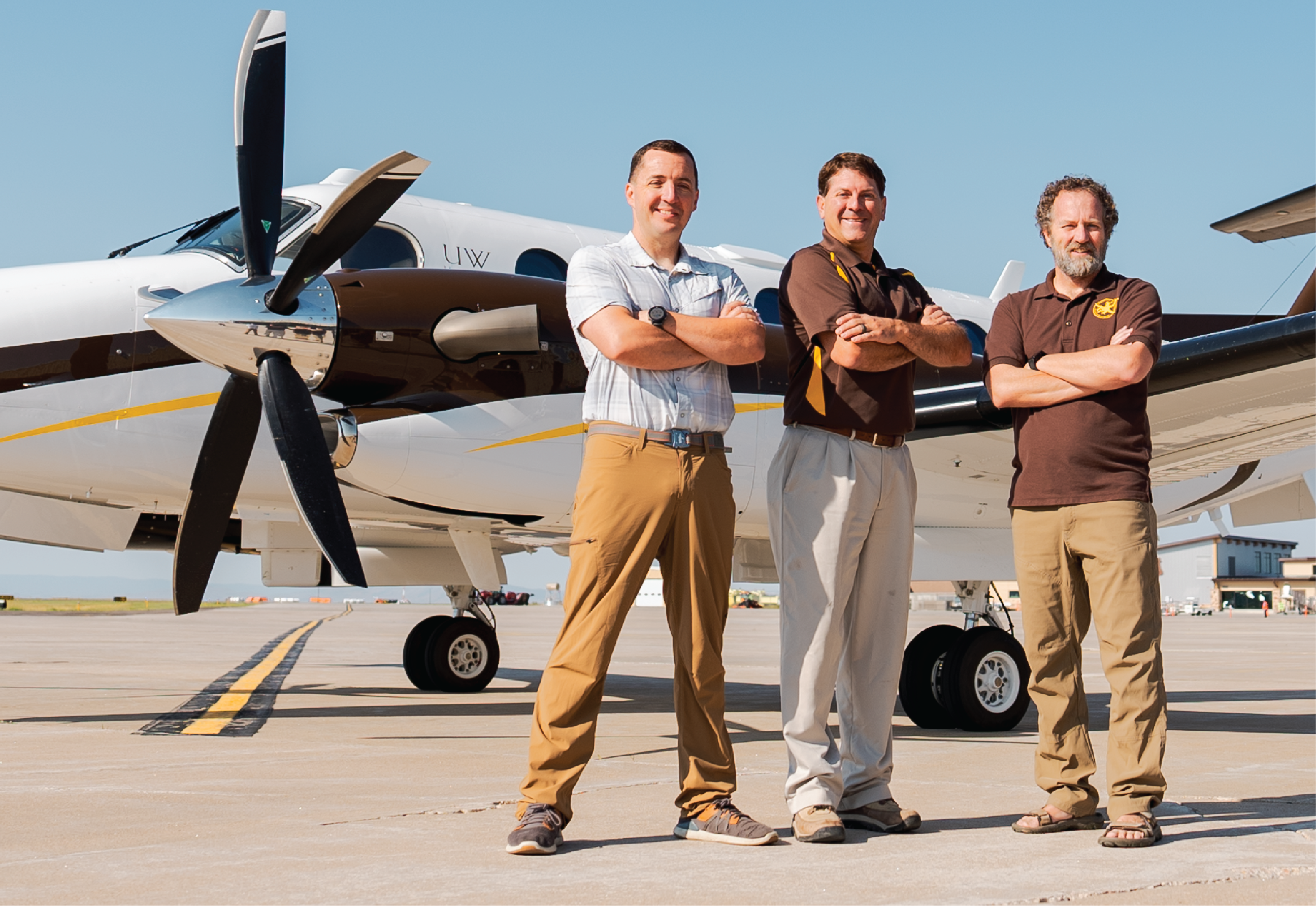
Learn more about the talented professionals leading cutting-edge research for Wyoming.
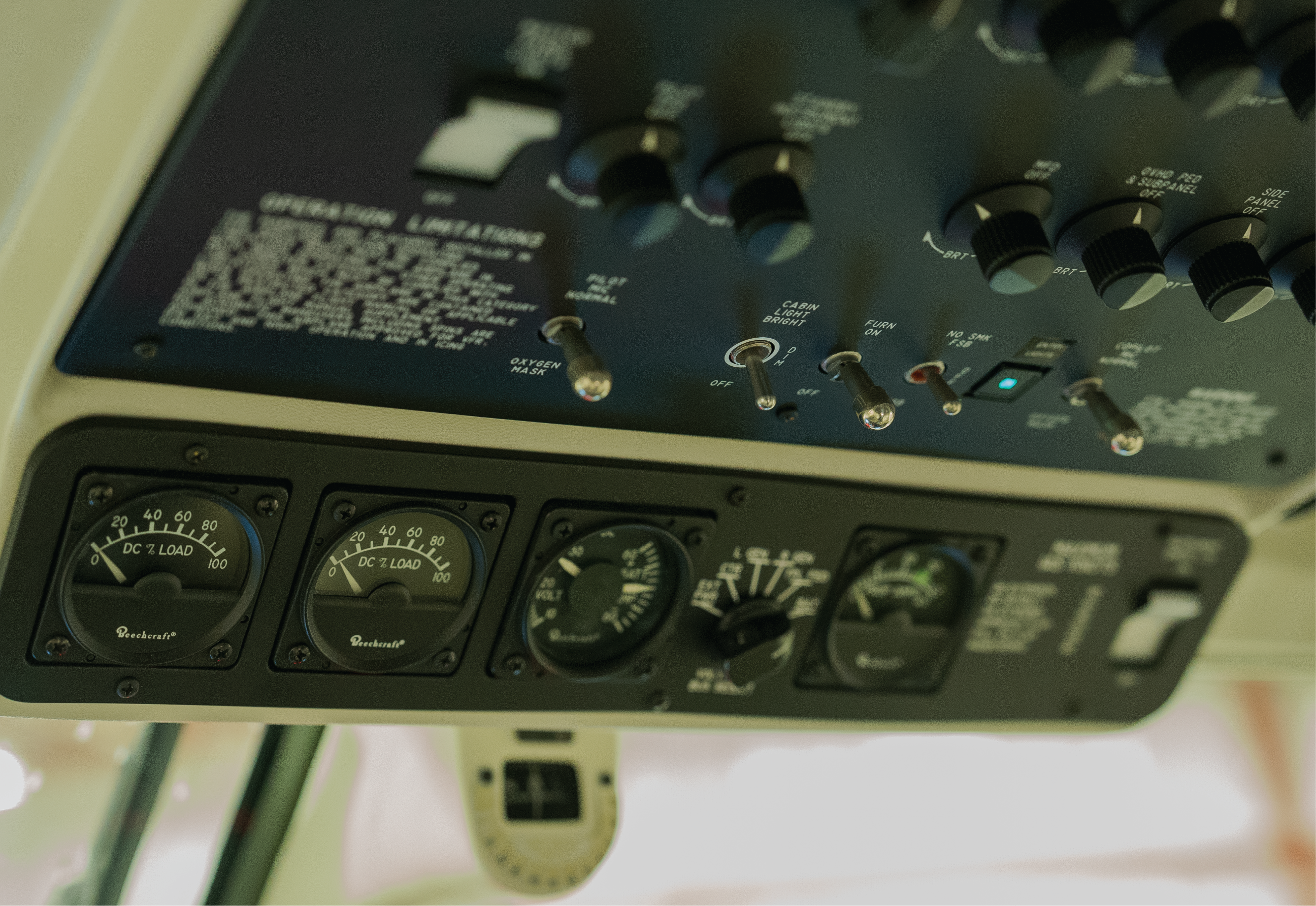
View our air quality instruments and download recent publications from our talented research team.
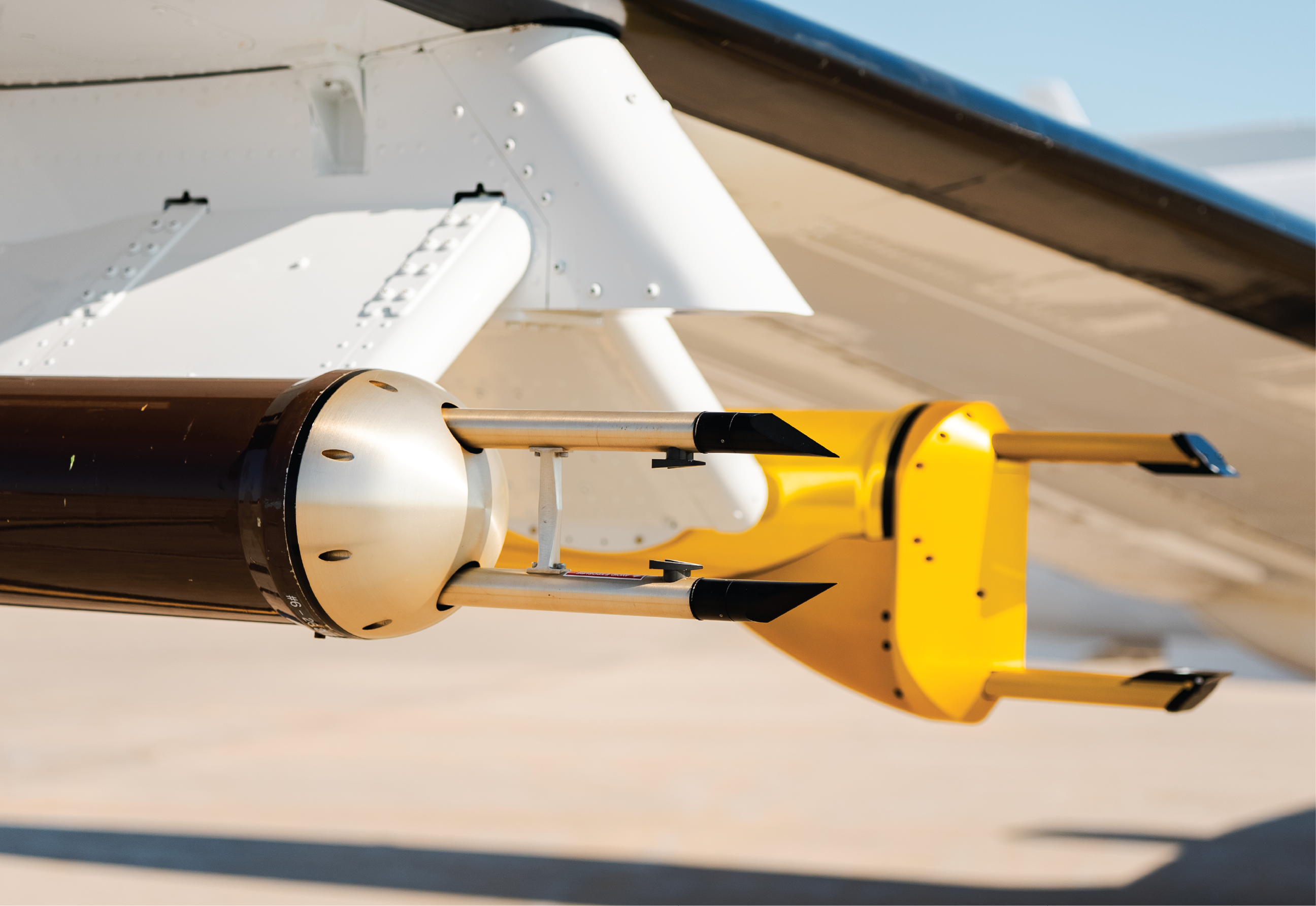
View the SER events calendar for any upcoming opportunites to connect on projects in your community, online, or on-campus.
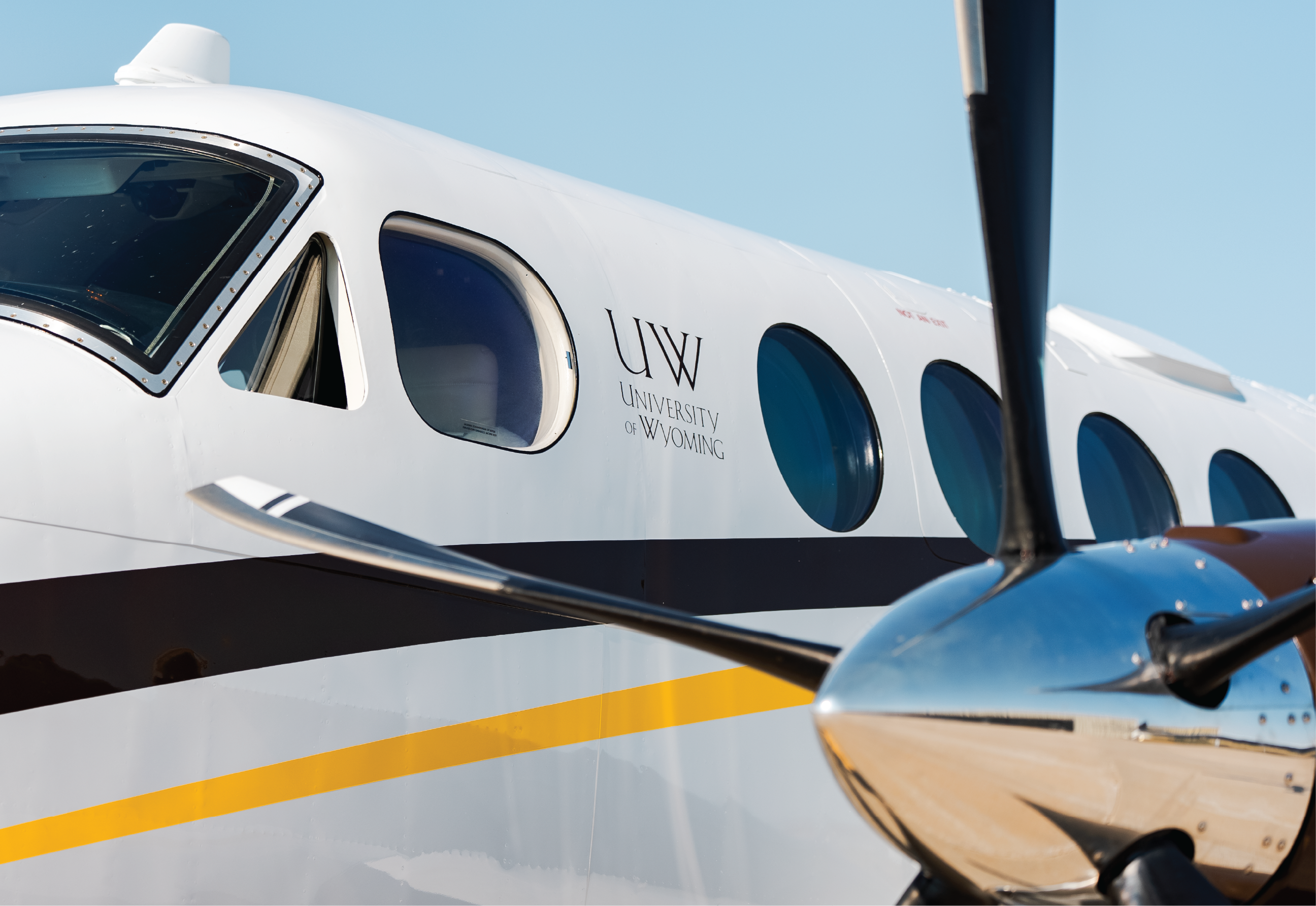
View the SER news page for recent and archived articles, project highlights, or mentions in the media.
The Center for Air Quality
The Center for Air Quality Center provides the knowledge needed to enable energy development while minimizing air quality impacts.
Since 2009 UW researchers have investigated the importance of emissions in the Upper Green River Basin, particularly in the Jonah Field and Pinedale Anticline development areas. The research group also makes novel field measurements with cutting edge instrumentation that advance the science of atmospheric chemistry, aerosols, and climate.

